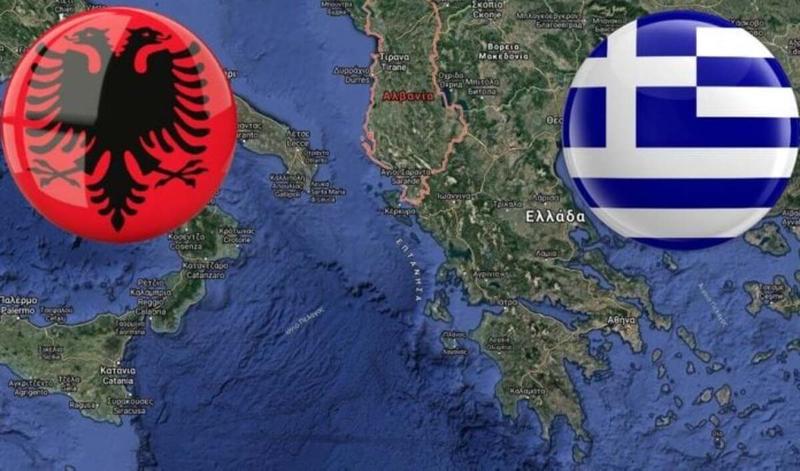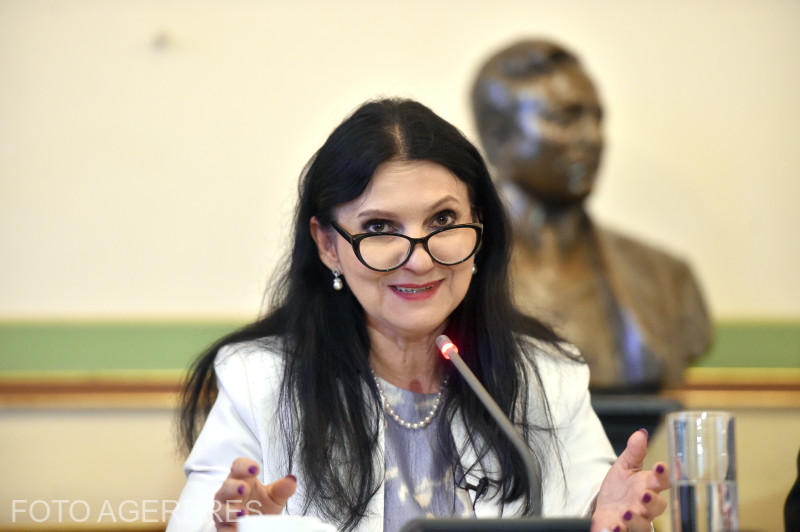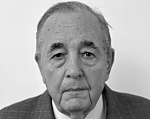The first Romanian to become European commissioner states that Romania risks remaining at the outskirts of the EU, despite having the seventh largest population. Elsewhere in the news, an unemployed from Romania finds work in approximately ten months. Find out the rest of the unemployment statistics in the EU. Last but not least, many Romanian liberal mayors choose to disregard their leader's decision of supporting social-democratic presidential runner-up for the second round polls.
The first Romanian to become European commissioner Leonard Orban says Romania risks remaining at the outskirts of the EU despite having the seventh largest population, Adevarul reads. As his mandate comes to an end, it has been said that he was sent to Brussels to manage fax machines and scanners.
Despite being content with his work for the Multilingvism portfolio, which he considers most important from a politic perspective, Leonard Orban declared himself disappointed by the lack of interest the Romanian political class shows in relation with EU's problems. He claims this is the main reason why Romania is not as influential in Europe as a country with 22 million citizens could be.
Asked why he believed a British was named EU's Foreign minister, he opinionated that it was a message sent by the Union, namely that Great Britain was a key-member and that it shows that the EU is not focused on being continental. On the EU enlargement, Orban claims there are talks of a new wave in 2014, when the world will commemorate 100 years since the First World War. Croatia will not join sooner than 2012 and there will be another 5 to 10 years until Europeans will know whether or not Turkey will join the EU, despite the ongoing negotiations, he added.
The supporters of a United States of Europe structure are in minority and that the important of national states is stressed, Orban said. Sovereignty has been passed from member states to the EU's communities. There has been discussion during the crisis to restore some of the competences back to the countries, but he saluted the resistance facing the temptation.
Talking about the issue of the Moldavian language, an aspect promoted by Moldavia's communist leadership, Orban said that the EU cannot impose a non-EU member state a resolution on an inner affair, but it cannot disregard the issue if it becomes a national problem. Romania rejected to acknowledge the Moldavian language and the new democratic leadership of Moldova made it official the people spoke Romanian.
Orban said Romania stepped backward since the EU accession, exemplifying the fact that the administration department has become political and that it lacks experts for feasibility studies, unlike the EU practice. Plus, the European debates lack completely from the public discourse in Romania.
An unemployed person from Romania finds work in approximately ten months, Cotidianul reads. Romania ranks eighth in an EU member states statistics addressing the time citizens spend to find employment after losing a job. The mean time for a Romanian to find a new job is 9.7 months, in contrast with the European mean, which reads 11.9 months.
The aged tend to have more difficulties in finding a new work placement - 14.7 months, while those under 24 find a new work place in about 10.3 months. The unskilled need about 12.3 months to re-start earning a living, while the skilled need around 8.1 months. Women need 12 months, while men, just a little less - 11.7 months. Countries with a long mean period in finding a job are Hungary - 13,9 months, Slovakia - 12.2 months, and Germany - 12.1 months. The shortest waiting times are in Malta - 3.5 months, and Spain - 6.4 months.
According to the report, the longer a person stays unemployed, the less chances the person has to return to work. The duration of long-term unemployment dropped since the 90s, but about 45% of the European jobless stay unemployed for over an year, in contrast with 10%, the percentage for the US.
According to the European Statistics Office, the highest unemployment rate was recorded in Latvia - nearly 20%, followed by Spain, with 19%. By the end of October, the unemployment in Romania read 7.1%. The lowest EU rate is in the Netherlands - 4%.
Romanian liberal mayors from several towns choose to disregard their leader Crin Antonescu's decision of supporting social-democratic presidential runner-up for the second round polls, Romania Libera informs. Crin Antonescu came third after the first round polls for electing Romania's president.
Some liberal mayors claim their supporters detest the social-democrats and that they will choose to support whoever they wish, i.e. Basescu. Liberal mayors feel that it is wrong to support a leftist party from a political doctrine perspective and claim their supporters are much closer to PDL than PSD.
One mayor said that he has never voted for PSD, while another makes it clear that he will disregard Antonescu's proposal and will not interfere with encouraging liberal supporters to vote for one or the other. He pointed his finger at Basescu for trying to legalise drug consumption, but also said Geoana was a constant liar.
Several liberal mayors stated that they would do as told, and assumed Geoana might provoke less scandal on the political scene. But there are voices from local councils, protesting that they would not be "anyone's political whore", despite indications received from the centre.


















